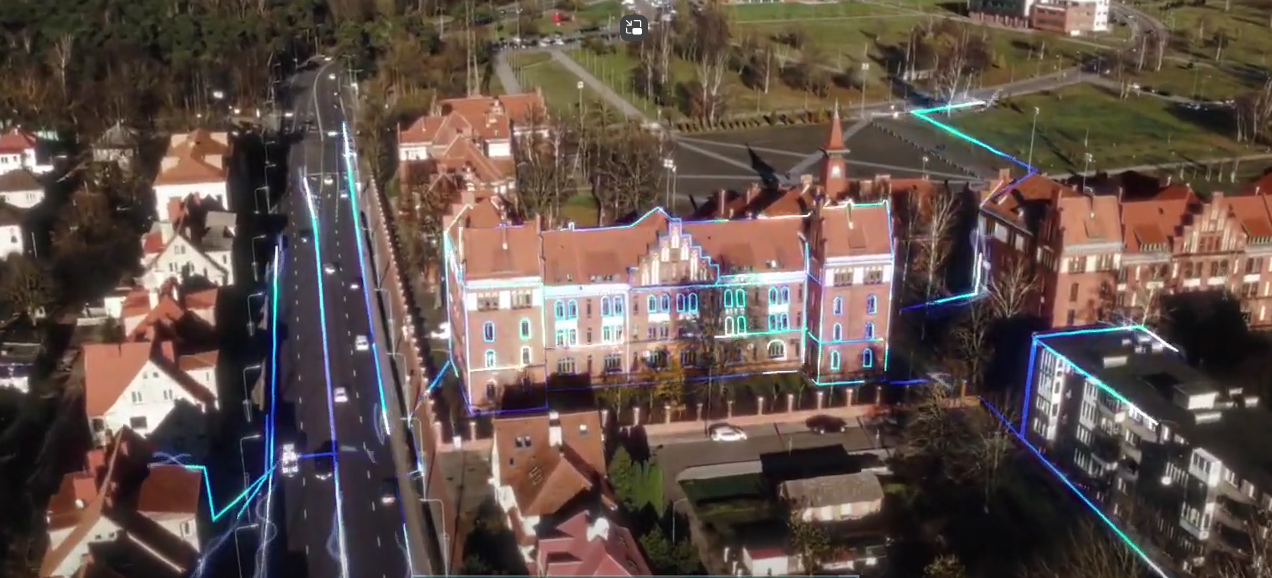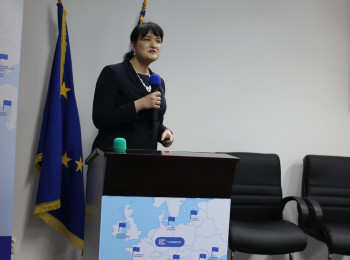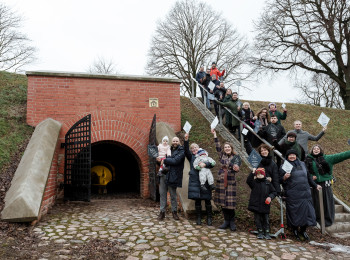This paradox is the backbone for “Evidence-Based Public Policy Decision-Making in Smart Cities: Does Extant Theory Support Achievement of City Sustainability Objectives?”. This article is authored by David Mills and Steven Pudney (Faculty of Science and Engineering, Southern Cross University, Australia), Primož Pevcin (Faculty of Public Administration, University of Ljubljana, Slovenia), and Jaroslav Dvorak (Department of Public Administration and Political Sciences, Klaipeda University).
In collaboration, the researchers explored the role of evidence-based decision-making in smart city government policy-making. They shared insights from an in-depth analysis of databases about smart cities, decision-making, and policies, highlighting that most of the information about making decisions based on evidence is in literature about how smart cities operate.
Overall, the researchers focused on three types of decision making, looking into literature sources concerning operational decisions (implementing an established policy), policy decisions (planning for the future), and tactical decisions (managerial decisions taken to implement a policy decision).
Together, they identified operational decision-making as the dominant focus of the literature on decision-making, with policy-making being addressed but to a distinctly lesser extent. Besides, they noted that the articles regarding evidence-based policy decisions in smart cities did not carry out examinations of factors impacting performance and capacity of evidence-based decision-making systems. Tactical decision making was mentioned even less frequently, but evidence showed that data used for real-time decision-making were in some instances also used later for tactical and policy decision-making. They also noted that many of the articles on real-time decision-making focused on the experience of road traffic or transportation and mobility, in which decision-making was made by humans in control centres or by artificial intelligence agents.
In terms of the impact of evidence-based decisions, they were found to boost the achievement of city objectives at all three - operational, tactical and policy - levels. On a different note, whilst smart city theory places strong emphasis upon citizen participation in decision-making, no evidence of citizens taking part in governance decisions was found. Rather, citizens were invited in to contribute to the wider decision-making process.
Turning to some of the barriers hinder the achievement of sustainable city objectives through better decision-making, the researchers also identified three main obstacles:
- Underachievement in collaborative decision-making;
- Overreliance on big data evidence over other forms of evidence;
- Increasing use of artificial intelligence agents (algorithmic systems, for example) as decision-makers.
Addressing those challenges in a constructive way, the researchers suggested a proactive approach, suggesting changes within city governments and pointing out knowledge gaps that need to be addressed. Firstly, they urged government organizations to find a more efficient way to share data and foster consistent collaboration. Secondly, they pointed out the importance of finding a balanced focus on long-term policy decisions instead of overemphasizing big data. And finally, admitting that AI is becoming more and more prevalent, they noted that more research efforts are needed to understand its impacts and challenges specific to smart cities.
As a final insight, the researchers proposed a definition of smart city decision-making, encouraging others to build upon their literature analysis through empirical research and feedback from cities' experiences. Read the scientific paper.







